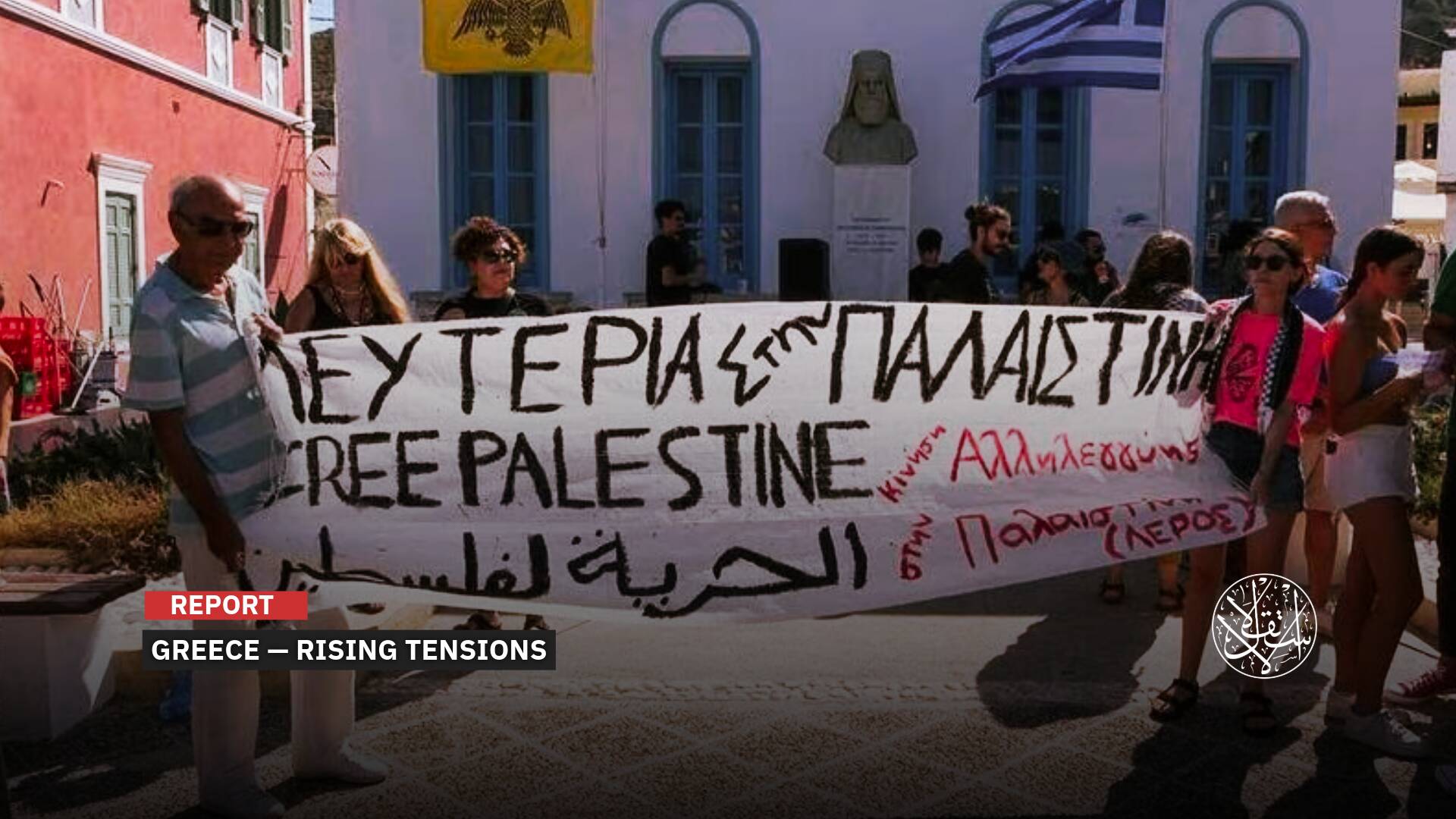Humiliation, Abuse, and Maltreat of Maids in Europe

Leaving their home countries, maids seek to build a better future abroad, especially in Europe. Unfortunately, all that awaits them is violence and abuse. They work illegally in private households, most of the time in exchange for a small room where they can sleep at night.
Women job seekers often look after dependent and sick people with no specific instruction.
In fact, they are obliged to cope with arrogant emotional demands with no help from outside, according to the European Trade Union Institute (ETUI).
According to the same source, in addition to miserable living conditions, many of these women find themselves subjected to physical mistreatment, disrespect and believe it or not, sexual violence.
Their unhuman living conditions may be embodied by the recent incident in which a Brussels court sentenced a Kuwaiti diplomat and his wife to two years in prison after convicting them of treating an Ethiopian housekeeper akin to slavery in the Belgian capital on Wednesday, 15 December, 2021, as reported by RT online website.
Unfettered Exploitation
For two years, a Brussels court took the decision to prison a Kuwaiti diplomat and his wife after condemning them of treating an Ethiopian housekeeper like a slave in Belgian.
The Kuwaiti couple were not present during the trial, because they left Belgium a few months ago; however, according to Belgian media, the Kuwaiti embassy in Brussels did not respond to the judiciary’s requests because of diplomatic immunity.
La Libre Belgique reported that the events were between August 2017, when the victim first arrived in Belgium, and May 2018 when she could escape from the Kuwaiti couple’s home.
The couple was condemned for offenses including human trafficking, forced detention, and non-payment of wages.
Going back to the story of the Ethiopian young woman, the housekeeper started working for the Kuwaiti and his wife when they were living in Kuwait, but after accompanying them to Belgium in 2017, she was deceived. In fact, the plan was to help them during their move and return quickly to Kuwait. However, the couple refused to let her go and she ended up being detained.
The Agence France Presse agency said that the Ethiopian young woman was not allowed to eat healthy food, she was just eating the leftover food of the couple and their three children and did not get clothes or medical care.
'Horrible Things Happen in These Homes'
Foreign maids, housekeepers and female domestic employees in general are being subjected to “slave-like labour conditions in Europe.” In fact, many of these women say that they have been deprived of their passports, wages, days off, holidays and even the freedom to move to other jobs; in other words, they are detainees.
According to etui, sexual harassment is the most sordid psychosocial risk domestic workers are facing.
Being attracted by this controversial issue, Social Anthropologist Sílvia Bofill from the University of Barcelona published, with Norma Véliz from Mujeres Pa'lante a new study to highlight the sexual harassment that migrant housemaids are facing. The study shows that there is a “hushed-up structural macho violence in one of the most deregulated and precarious markets in Europe.”
Amina, as she was named according to the survey, talked about the dramatic stories of these women to say that "horrible things happen in these homes.” According to etui, Amina came from Morocco, and during 7 years, she was subjected to sexual violence from the husband of the Alzheimer patient she was looking after. She did not tell anyone just to provide her children with everything they needed, until she couldn’t take it anymore so she was dismissed and kicked out of the house. Her testimony was really shocking.
Several women’s associations have conducted a survey about this hidden violence in particular in the Basque Country and the results were really flagrant. 22% of migrant women in domestic service were subjected to sexual harassment in addition to another survey in Madrid revealing that 24% of them faced the same abuse.
When interviewing eighty women in Barcelona, Bofill and Véliz had nearly the same results; “41% affirmed having received vulgar comments, innuendo or sexual proposals, 28% had endured excessive groping, while 10% had received demands for sex, with or without pressure. Finally, 10% stated that they had been subject to sexual violence.”
Stop Violence!
In the light of maids’ abuse and maltreatment, social movements and organizations reacted in many different ways to stop violence.
According to etui, unions and women’s associations call the Spanish government, for example, to approve ILO Convention 189 which is the Convention on Domestic Workers, that represents, for them, the first step towards changing working conditions.
The approval would bring domestic affairs “under the umbrella of unemployment insurance.”
At the same time, many strategies are developed to tackle all the problems of migrant workers in the domestic services sector, especially violence and sexual abuse.
The Spanish Workers' Commissions (CCOO), Construction and Services Federation (FCS), for example, is currently setting up the PROMODE project to develop a joint European program “to make such work visible and valued.” This project was in cooperation with Italian and French organizations.
According to etui, ISTAS, the Union Institute for Labour, the Environment and Health in Spain has also developed a package of information for women workers and their employers which presents the multiple exposures to occupational risks, providing recommendations on how to prevent these risks.
Sources
- The “home front”. How migrant domestic workers cope with unfettered exploitation
- Belgium: A Kuwaiti diplomat and his wife were sentenced to two years in prison after treating an Ethiopian worker as a 'slave' [Arabic]
- Belgium: A Kuwaiti diplomat and his wife were sentenced to two years in prison after treating an Ethiopian worker as a “slave”













